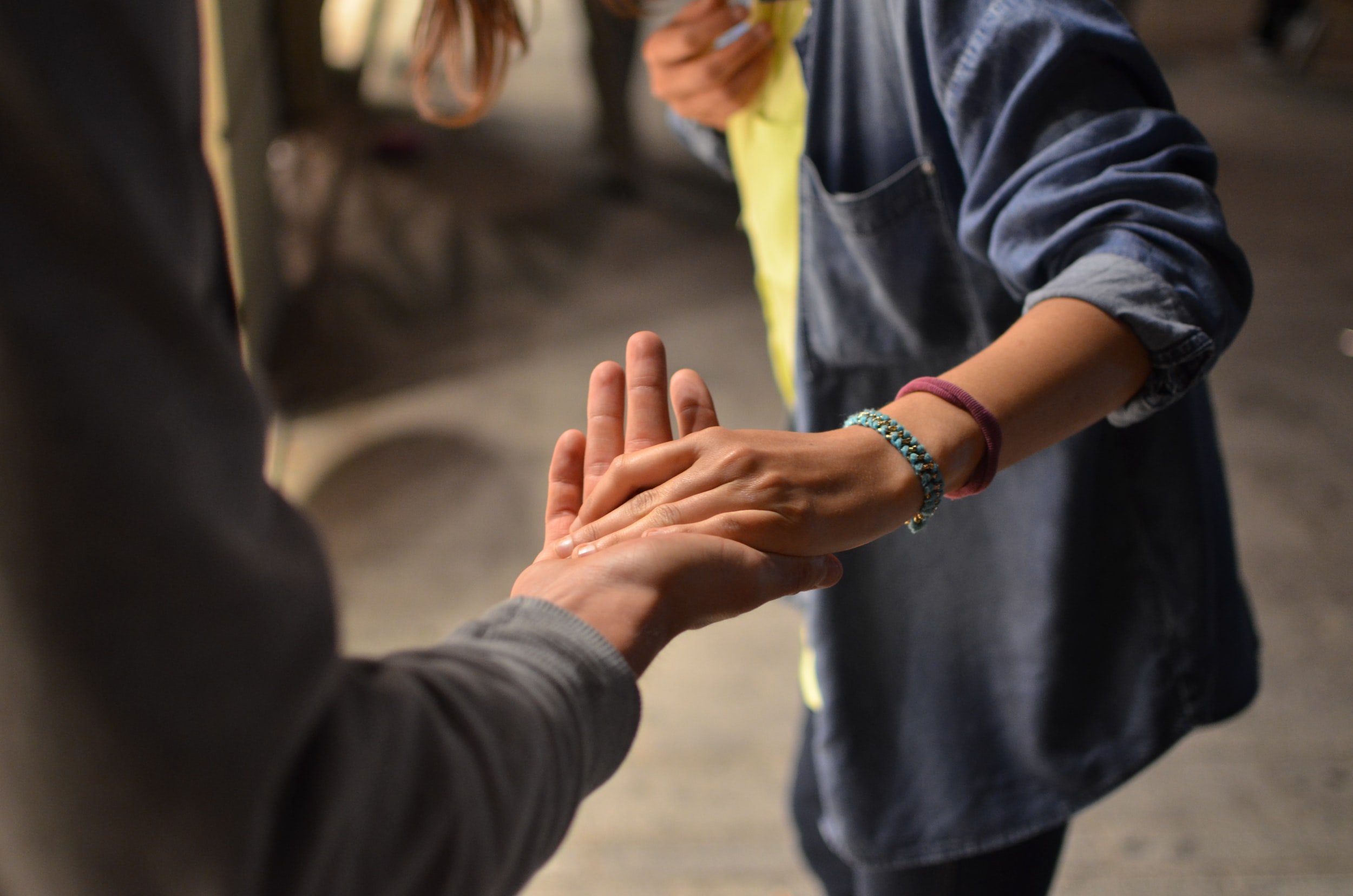
Search our site…
Contextual Safeguarding and Extra Familial Harm
Contextual Safeguarding
Contextual Safeguarding is an approach to understanding, and responding to, young people’s experiences of significant harm beyond their families. It recognises that the different relationships that young people form in their neighbourhoods, schools and online can feature violence and abuse. Parents and carers have little influence over these contexts, and young people’s experiences of extra-familial abuse can undermine parent-child relationships.
Children’s social care practitioners, child protection systems and wider safeguarding partnerships need to engage with individuals and sectors who do have influence over/within extra-familial contexts, and recognise that assessment of, and intervention with, these spaces are a critical part of safeguarding practices. Contextual Safeguarding, therefore, expands the objectives of child protection systems in recognition that young people are vulnerable to abuse beyond their front doors.
The Contextual Safeguarding Network - provides resources and updates on research undertaken by Durham University.
Contextual Safeguarding Internet Links
YouTube Links
Research and Reviews
Extra-Familial Harm
Extra-familial abuse is linked to ‘contextual safeguarding’ or ‘complex safeguarding’. These concepts refer to harm that occurs to children outside of their family system, often during the adolescent years because at this age their social networks widen. These networks can have a significant influence over an adolescent’s understanding of social norms. A large proportion of child exploitation takes place in public spaces (parks, stairwells, high streets etc.) so it is these locations that often require a professional response to safeguard young people from exploitation rather than solely focusing on the child and their family.
Parents should be partners in safeguarding children and young people from child exploitation. Parents can often feel like secondary victims to exploitation as they try to safeguard their children and young people from extra-familial harm. Child exploitation can adversely affect parent-child relationships and parents may feel under scrutiny by professionals.
Children experiencing exploitation and trauma may direct physical aggression towards their parents and siblings, creating further strain in family relationships. Parents/carers can also feel a sense of guilt and shame that their child has been exploited, they may also feel physically threatened by perpetrators and concerned about their family’s safety.
PACE is a website for parents, carers and young people at risk of, or being, exploited by perpetrators outside the family and offer guidance and support, promoting the role of family in disrupting child exploitation.
